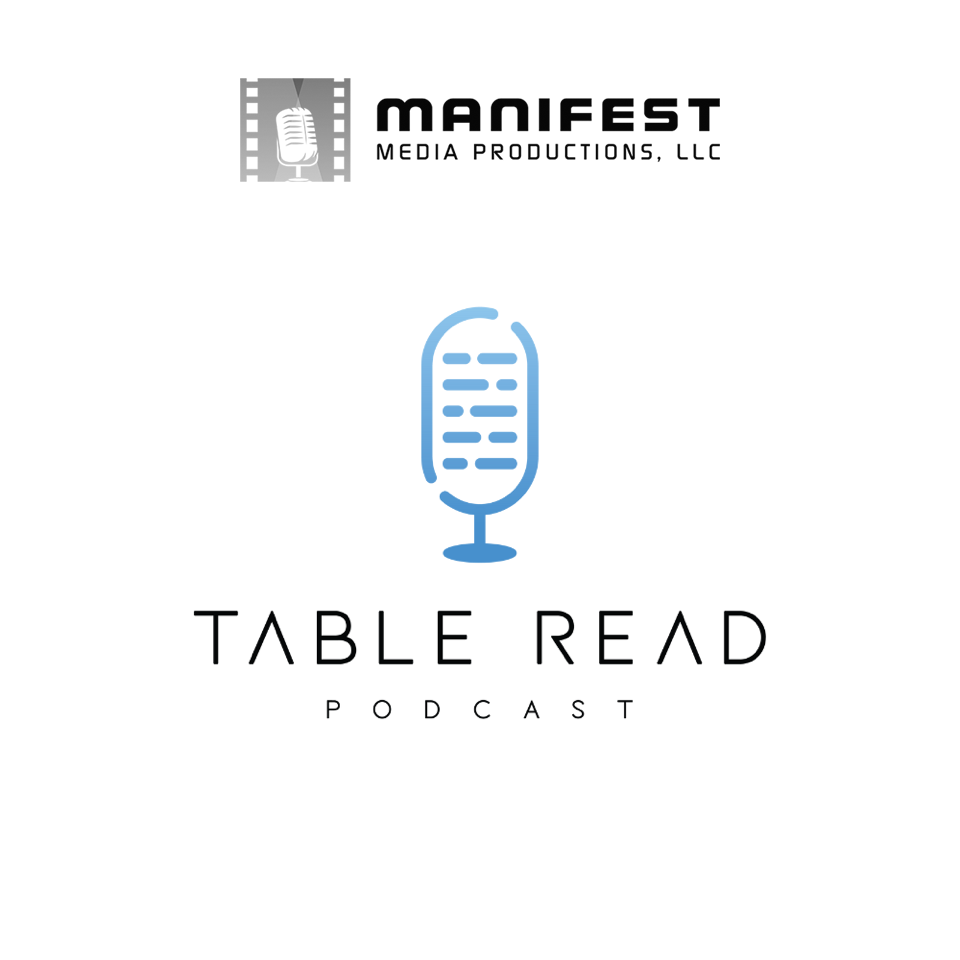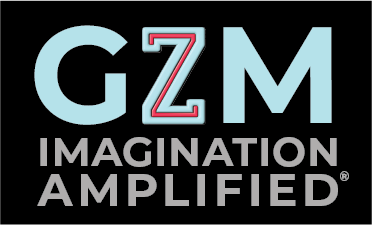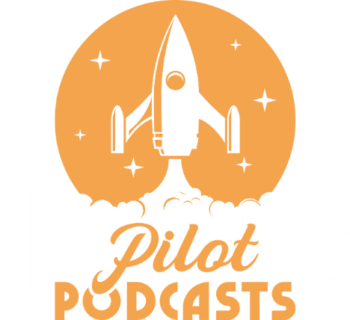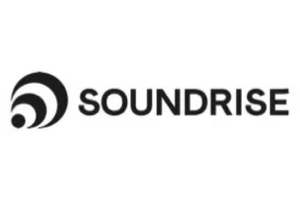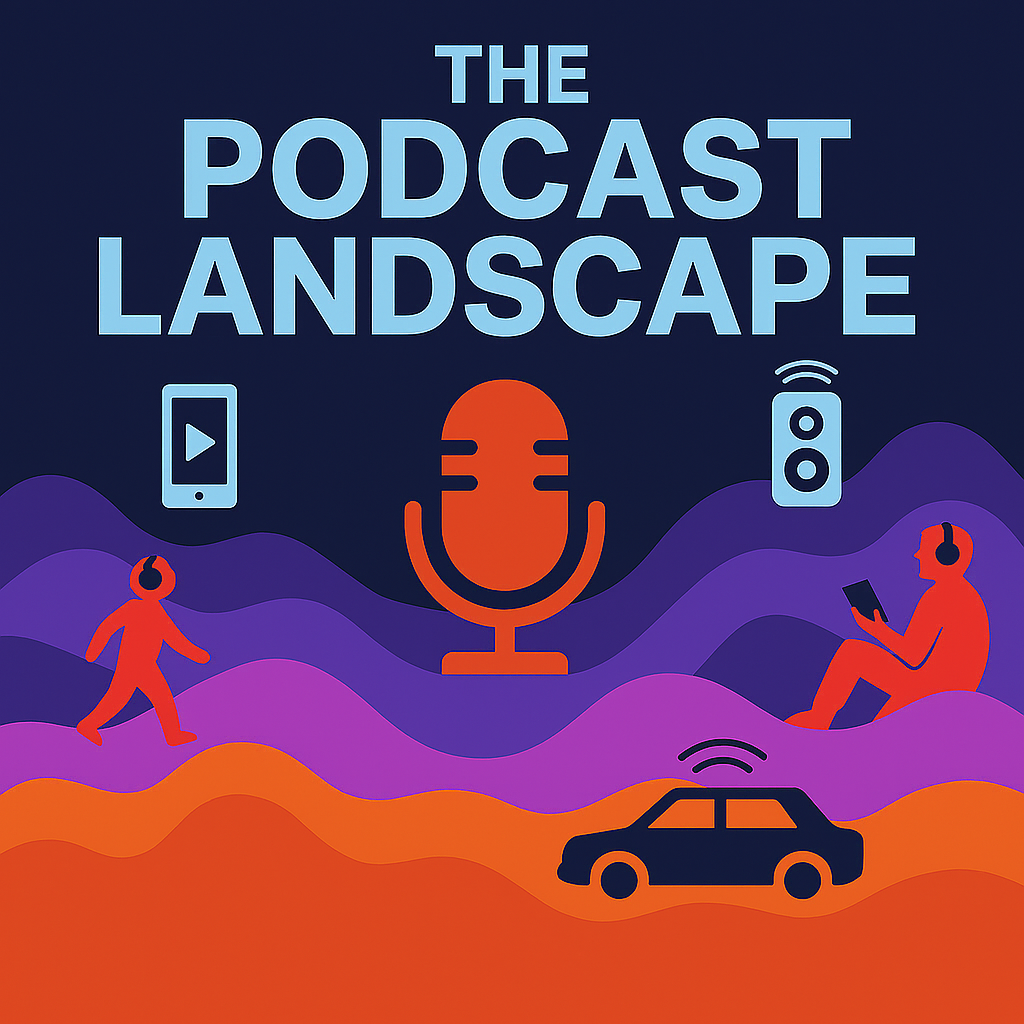This Week in the Business of Podcasting
Happy start of the holiday season from Sounds Profitable! Gavin is back from their week by the seaside (for their ailments and maladies and also a cold) and we’ve got some piping hot podcast news for you. Let’s dive in.

Transparency. Performance. Automation.
Podcasting and Building on “Rented Land”
This Wednesday Tom Webster reflected on the loss of the MiniDisc, a Sony-developed audio format that used a proprietary compression format (ATRAC) to fit more high-fidelity audio in a smaller space than .mp3 could. A reflection brought up by a quote from Dave Winer’s blog:
“We’re losing the word “podcast” very quickly. It’s coming to mean video interviews on YouTube mostly. Our only hope is upgrading the open platform in a way that stimulates the imagination of creators, and there’s no time to waste. If you make a podcast client, it’s time to start collaborating with competitors and people who create RSS-based podcasts to take advantage of the open platforms…”
Part of Webster’s drive to write the piece came from responses to Winer’s comment on social media, with multiple people commenting some variation of “if it’s not RSS, it’s not a podcast.” To Webster, this had the same sound as MiniDisc defenders proclaiming “if it’s not ATRAC, it’s not a Hi-MD MiniDisc.”
A common refrain from consultations and internet courses is to not ‘build on rented land.’ A saying that, while well-intentioned, is outdated. Podcasting was built as a crunchy, open source techy Wild West but it also had walled gardens from the start. Open RSS distribution is an important part of podcasting’s DNA and isn’t going anywhere anytime soon, but it’s revisionist to snub podcasts distributed on platforms that don’t partake of RSS. YouTube is the biggest discovery platform the industry has. The YouTube app is easy to use, widely adopted, and funnels consumers to podcasts they’ll like. As Webster says: it’s a walled garden with better soil.
Webster calls for attention to be paid to Winer’s core point: developers of podcast clients should be innovating more. If podcasting wants RSS to survive as a significant form of distribution, there have to be compelling reasons for audiences to use RSS-driven podcast clients. A lot of arguments to be made for RSS’s utility are reasons that benefit the creator first, not the audience. That’s not good enough in a world where apps unbothered with the intricacies of RSS currently provide better podcast discovery methods. A quote from Webster:
“Confining podcasting to a technical specification only serves to ensmallify podcasting (I am a Webster; I get to make up words) and creates a false choice. Plant your podcast in every garden you can, whether you own the land or not. The walls are in our minds.”
Podcast Reporting Shifting Behind Locked Doors
Reporting on the business of podcasting, as well as the creative side of the industry, is developing a trend of disappearing behind paywalls, even publications breaking some of the biggest news in the industry.
Earlier this week Adam Shepherd, former editor of PodPod, announced he is stepping away from podcast industry coverage to work in a different sector of Haymarket Media Group. This comes after the PodPod brand was retired, merging it into Campaign overall in February. Despite assurances PodPod-style coverage of the industry would continue under Campaign, coverage of the audio industry dropped off sharply and what was written, including PodPod’s departure announcement, is paywalled on Campaign.
Back in the U.S., Ashley Carman sent out an issue of her Soundbite newsletter for Bloomberg announcing it was the final free issue, with all future installments only being sent to paying Bloomberg subscribers ($11.99/month for the Tech Newsletter bundle, or $299/year for unlimited Bloomberg digital access). Carman’s coverage in Soundbite has covered, if not outright scooped, the biggest audio stories of recent years. While the paywalling of Soundbite does not automatically mean full Bloomberg articles from Carman will also be paywalled, the weekly insight and coverage of less headline-catching stories will be.
Sounds Profitable wouldn’t exist without the support of and free access of industry journalism provided by platforms like Podnews. We encourage you to subscribe and consider supporting Podnews, as we all have. In addition to Sounds Profitable sponsoring Podnews as a company, we as individuals have also pledged to the Podnews Patreon to support the continued publication of podcast industry coverage.
Fostering International Podcast Growth
Recently Annalise Nielsen, writing for the Pacific Content blog, posted The International Opportunity in Branded Podcasting. Podcasting as an industry, especially in English-speaking countries, has a problem of operating from the perspective that the U.S. is the default for podcasts. To demonstrate this, Nielsen asks the reader to guess what the most-viewed single video podcast episode is on YouTube. Due to its virality, many might guess the episode of The Joe Rogan Experience from 2018 where Elon Musk awkwardly took a hit of Rogan’s joint and hit meme stardom.
But in truth the most-viewed podcast episode on YouTube is a three hour podcast from Saudi Arabia entirely in Arabic, an episode of Fnjan on building relationships that has racked up 125 million views, almost double the viral Musk episode of JRE. A quote from Nielsen:
“While English-speakers do tend to live in our own little bubble, large media companies have placed a huge emphasis on creating content for American audiences. This is largely due to the outsized potential for advertising revenue (the US not only has a large population, but also notoriously spends more on advertising than any other country). Because of this, podcasts in other languages have been a little slower to get to market. But when content becomes available in local languages, people do listen. There’s no better example of this than French Canada.”
Despite podcasting’s overall growth in Canada, French Canadians historically lagged behind the rest of the population while the majority of podcast content was produced in English for English-speaking audiences only. Since the beginning of the pandemic, a significant increase in French Canadian programming produced natively in Quebecois has caused French Canadian podcast consumption to increase 65% in the past three years.
Small markets appealed to authentically have the potential for outsized impact. Nielsen uses the example of Denmark, which has a relatively small population of 6 million. A podcast company creating content that will make its money via advertising might not want to make a podcast exclusively in Danish as the population is too small to break even. But if a brand is looking to penetrate a smaller market, they have a big opportunity there. One of the top business podcasts on the Danish charts for Apple is a branded weekly show hosted by a Danish bank. Another is a series about the Danish military that acts as a recruitment tool.
English-language podcasts can be over-saturated and it can be difficult for brands to break through the signal noise. Non-English speaking markets, even more so for ones with smaller populations, have programming gaps as producers focus almost entirely on English content. Private companies looking to monetize podcasts in those small markets are facing a challenge of scale, while brands looking to connect with those markets have an opportunity to fill that programming gap and build brand affinity with listeners who want more content.
As Nielsen points out, 500,000 downloads of a podcast might not always be enough to break even on producing a podcast, but 500,000 downloads of a podcast in Danish represents 10% overall market penetration, a huge win for a brand.
New Report From WARC/Audacy Makes Case for Closing Audio Investment Gap
A new report has been published by WARC and Audacy looking at the investment gap in audio, and how it could be closed. The report, made in partnership with Audacy, looks into the audio investment gap, where there is a noticeable gulf of difference between the large share of consumption audio content gets versus the small share of advertising spend the industry gets.
Audacy SVP of Research and Insights Ray Borelli said “Not only does Audio deliver unparalleled reach and attention, it delivers strong results across every stage of the customer journey- making it an essential component of the media mix. Furthermore, advanced measurement and targeting capabilities can demonstrate Audio’s ability to deliver against KPIs with precision like never before.”
Key findings include audio accounting for 24.5% of ad-supported media consumption but just 8.4% of ad spend in the U.S. The study’s average listener listens to a total of about 132 minutes of ad-supported audio a day, with about 24 of those minutes going to podcasts against about 16 going to streaming music. A large perceived barrier to podcast advertising is the idea measurement and modelling is not ready yet, which the report finds is untrue. Advertisers can help course correct and reap the benefits of audio by incorporating audio channels into their initial campaign planning stages, making use of comms opportunities, and taking advantage of the plethora of measurement and optimization tools available.
🚨 Chartable analytic links expire Dec. 12, breaking any podcast still using their links. Magellan AI is offering a free month + 1mm impressions for those switching (Sounds Profitable partners get 3mm) 🚨
Quick Hits
While they may not be top story material, the articles below from this week are definitely worth your time:
- The Podcast Show returns for its fourth year to Islington, London UK In addition, Sounds Profitable will be hosting a partners-only event on May 18th, 4pm to 8pm. Details to come.
- Five million new Canadian Adults have become Monthly podcast listeners since 2019 by Matt Hird The latest in Signal Hill Insights’ annual survey of podcast listeners in Canada.
- American Public Media Partners with Magellan AI to Bring Attribution and Audience Insights to Advertisers The partnership aims to bring a new level of transparency and actionable data to public media.
- YouTube Expands Its Lead As The #1 Platform For Podcasts by Elizabeth Mayer A report from Westwood One on YouTube’s rise to the top of the platform race.
- WARC: Global Ad Spend To Top $1 Trillion For First Time In 2024 Online media is pushing a 10.7% growth this year in global ad spend, to a total of $1.08 trillion.
- Wondery launches video podcasting on Wondery+ Wondery is offering access to select video podcasts on the Wondery+ app.


























































